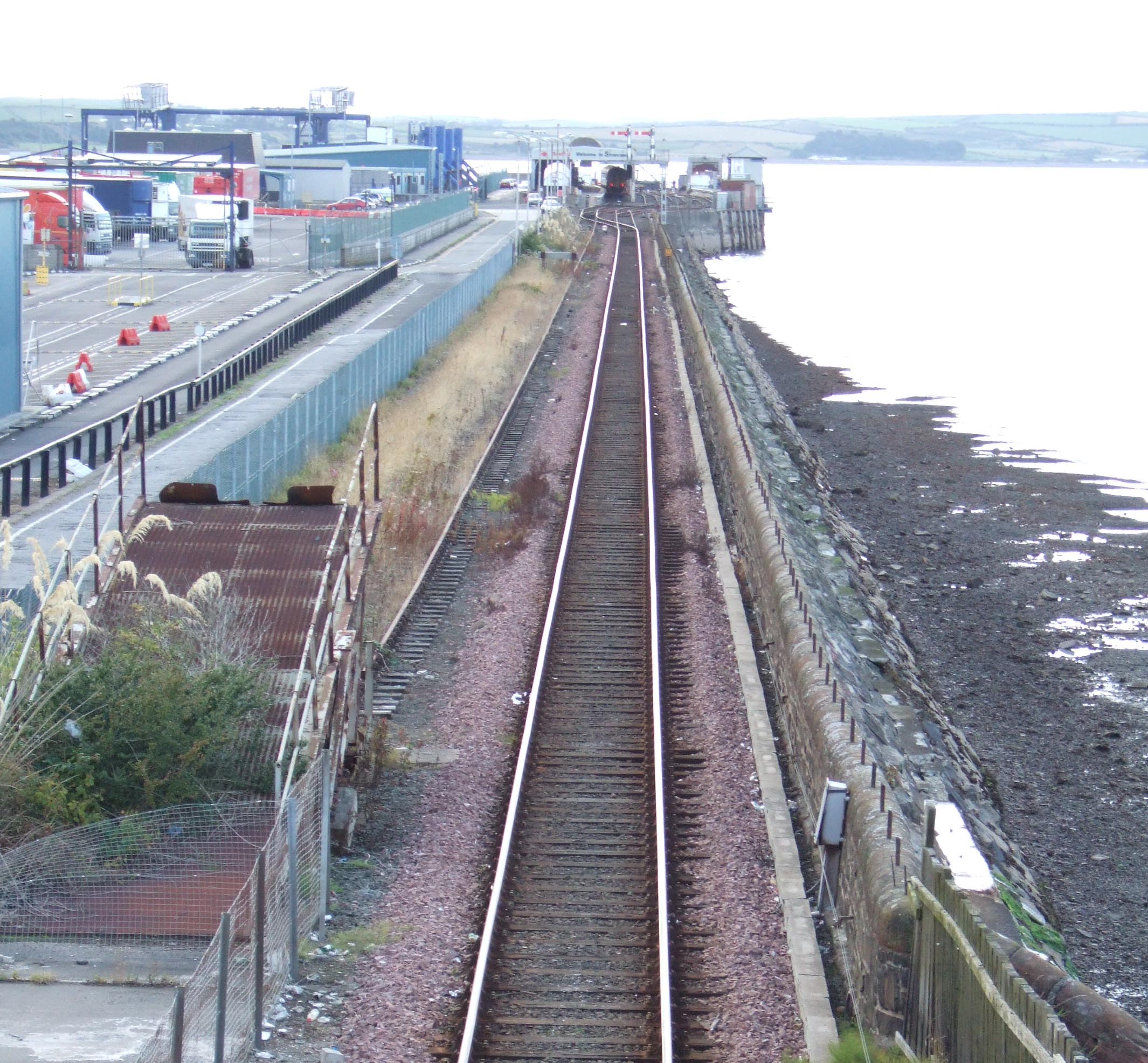Today Dunoon is famous for Dunoon Pottery. Here we see the Dunoon Argyll Pipe Band playing to some of the local residents.

Then the LORD said to Moses, "Pharaoh's heart is unyielding; he refuses to let the people go. Go to Pharaoh in the morning as he goes out to the water. Wait on the bank of the Nile to meet him, and take in your hand the staff that was changed into a snake. Then say to him, 'The LORD, the God of the Hebrews, has sent me to say to you: Let my people go, so that they may worship me in the desert. But until now you have not listened. This is what the LORD says: By this you will know that I am the LORD : With the staff that is in my hand I will strike the water of the Nile, and it will be changed into blood. The fish in the Nile will die, and the river will stink; the Egyptians will not be able to drink its water.' "
The LORD said to Moses, "Tell Aaron, 'Take your staff and stretch out your hand over the waters of Egypt—over the streams and canals, over the ponds and all the reservoirs'-and they will turn to blood. Blood will be everywhere in Egypt, even in the wooden buckets and stone jars."
Moses and Aaron did just as the LORD had commanded. He raised his staff in the presence of Pharaoh and his officials and struck the water of the Nile, and all the water was changed into blood. The fish in the Nile died, and the river smelled so bad that the Egyptians could not drink its water. Blood was everywhere in Egypt.
But the Egyptian magicians did the same things by their secret arts, and Pharaoh's heart became hard; he would not listen to Moses and Aaron, just as the LORD had said. Instead, he turned and went into his palace, and did not take even this to heart. And all the Egyptians dug along the Nile to get drinking water, because they could not drink the water of the river. (Exodus 7.14-24)
Christian, dost thou see them
on the holy ground,
how the troops of Midian
prowl and prowl around?
Christian, up and smite them,
counting gain but loss,
smite them by the merit
of the holy Cross.
Christian, dost thou feel them,
how they work within,
striving, tempting, luring,
goading into sin?
Christian, never tremble;
never be downcast;
smite them by the virtue
of the Lenten fast.
Christian, dost thou hear them,
how they speak thee fair?
"Always fast and vigil?
Always watch and prayer?"
Christian, answer boldly:
"While I breathe, I pray!"
Peace shall follow battle,
night shall end in day.
"Well I know thy trouble,
O my servant true;
thou art very weary,
I was weary, too!
But that toil shall make thee
some day all mine own,
and the end of sorrow
shall be near my throne."
J M Neale (1818-1866) - from the Greek
Happy Sunday!

























